The number of all new vehicles taking to UK roads, including lorries and buses, has hit a record high, spurred on by April’s change to Vehicle Excise Duty for new cars, according to AA analysis.
Quarterly figures for vehicles registered for the first time in Great Britain hit 959,100 between January and March this year, according to official figures released by the Department of Transport. The next highest was 903,300 in the first quarter of 2004.
Echoing Society of Motor Manufacturers and Traders’ SMMT figures that saw new car registrations in March soar to their highest monthly total, ahead of changes to car tax on April 1, government statistics show that 807,200 new cars were registered in the first quarter of this year.
That is a 6% increase on the previous first quarter and 45,000 or 5.9% higher than the previous record high of 762,200 set in the first quarter of 2004.
And the official figures show that it isn’t only new cars enjoying a boom in sales. New heavy goods vehicles recorded 11,700 new sales between January and March. Although not as high as quarterly sales of up to 14,400 last year, sales in the first three months of this year were the highest for a first quarter since the recession.
Sales of new vans and other light goods vehicles were marginally down on the first quarter of last year (98,400 versus 99,600).
Quarterly sales of new ultra low emission vehicles went above 13,000 for the first time, hitting 13,800 for all vehicles, of which 13,300 were new cars. That is around 17% higher than the previous January to March.
Sales of new plug-in cars and vans jumped from 11,200 in the first quarter of last year to 12,400 between January and March this year.
AA president Edmund King commented: “Today’s official figures confirm the boost in new car sales spurred by the change in car tax on April 1. Unfortunately, the government statistics don’t yet align with the revised Vehicle Excise Duty for new cars bought from April onwards.
“The current Ultra Low Emissions Vehicle category includes vehicles producing less than 75 g/km of CO2 – in short, they burn fuel. From April onwards, unless your new car produces zero emissions, which is basically electric, you will pay a standard £140 a year in car tax from the second year onwards. Cars bought before April 1 and producing less than 100 g/km CO2 continue to pay £0 in car tax.
“The Government will have picked up a windfall in first registration fees and VAT in the first quarter of this year as new cars were bought ahead of the car tax changes. However, the impact of severely reducing the incentive to buy low-emissions cars will be lost in the statistics, perhaps because it is a sensitive issue.
“Overall, although the number of new car sales has jumped significantly, traffic on urban minor roads continues to be below pre-recession levels, as parking availability, online deliveries and higher fuel costs peg back local car use. Out on the open road, it’s a different story as a vibrant economy pushes up traffic levels on motorways and main roads.”


























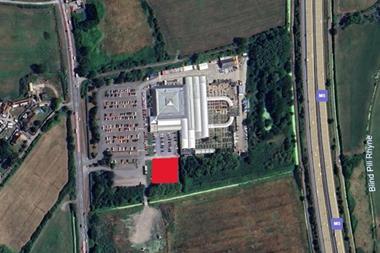


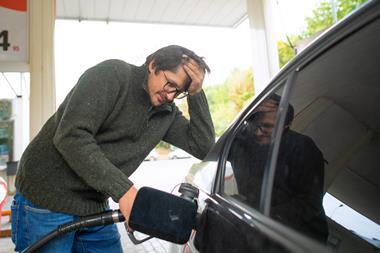
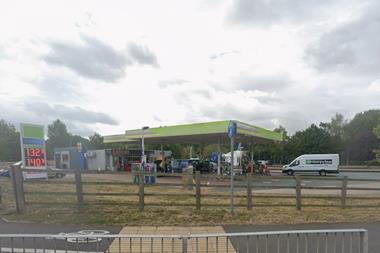
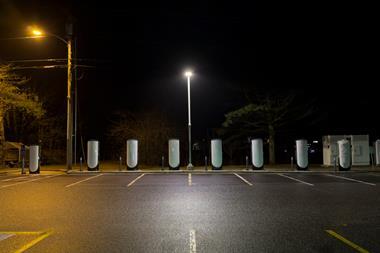
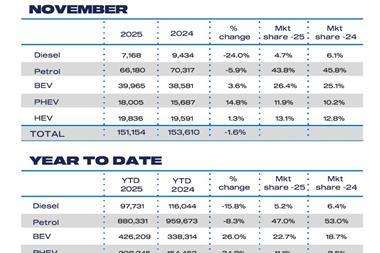
No comments yet